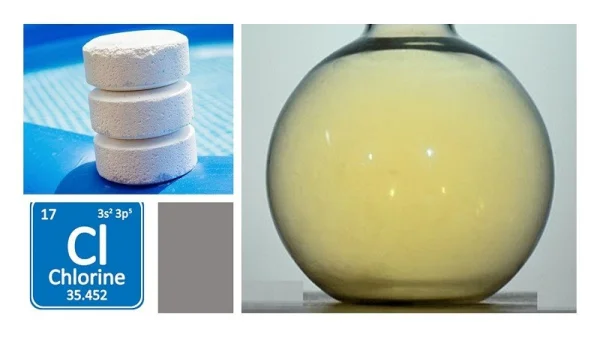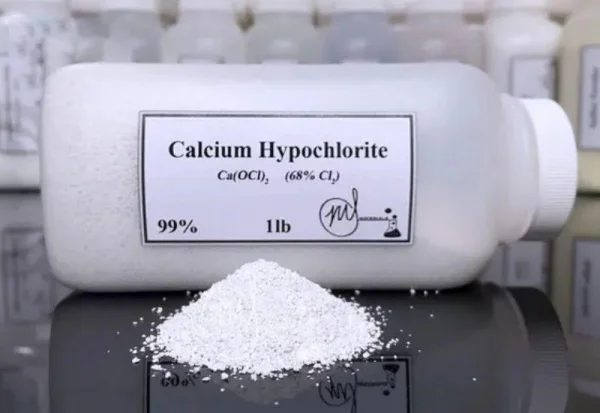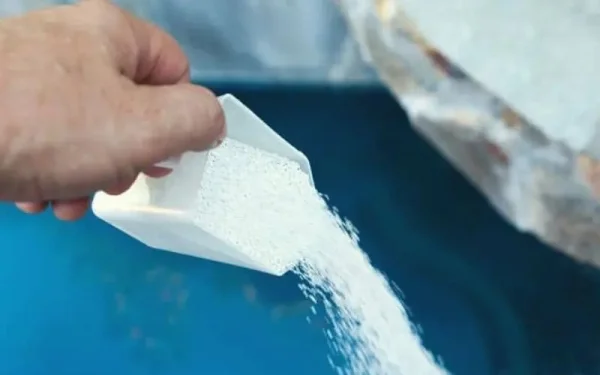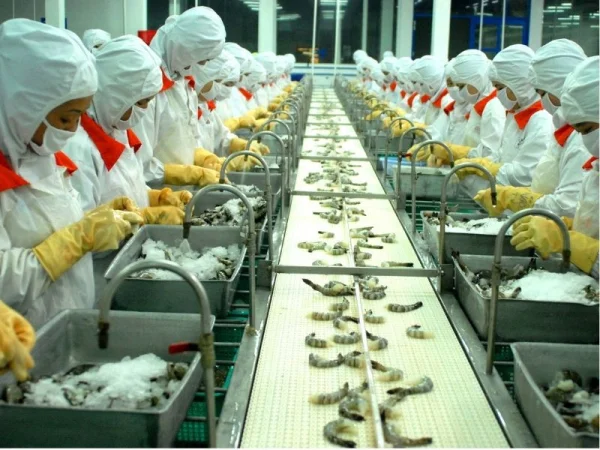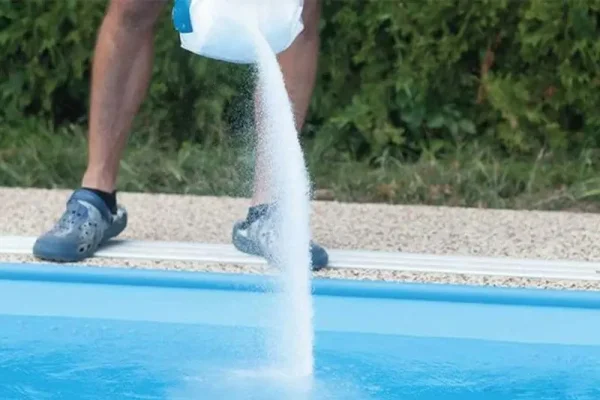
Chlorine powder, also known as calcium hypochlorite (Ca(OCl)2), is a widely used disinfectant chemical with diverse applications. Understanding the characteristics, benefits, and safe handling of chlorine is crucial to ensure its effective and safe utilization. This article will provide you with comprehensive information about chlorine, helping you gain a deeper understanding of this important chemical.
What is Chlorine Powder?
Chlorine powder, or Calcium Hypochlorite, is a chemical compound that exists in the form of a fine, granular powder. Its primary constituents are calcium, chlorine, and oxygen, resulting in a highly reactive and oxidizing substance. This powder is known for its strong disinfecting capabilities, making it a popular choice for water treatment, sanitization, and various other applications.
The powder form of chlorine offers several advantages over its liquid counterpart. It is more stable, has a longer shelf life, and is less susceptible to decomposition, particularly when stored in a cool, dry, and well-ventilated environment. Additionally, the powdery nature of chlorine allows for easier handling, transportation, and controlled dosing, making it a preferred choice in many industries and household applications.
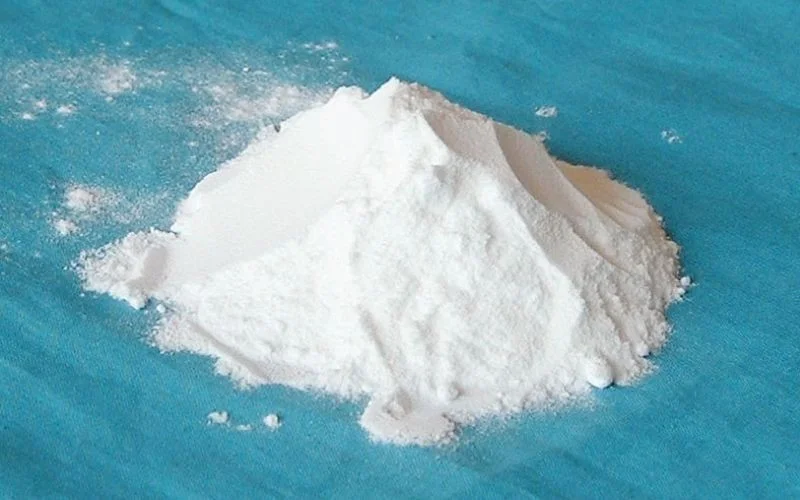
Information of Chlorine Powder
Common Types of Chlorine Powder
Chlorine comes in different forms, each with its own advantages and disadvantages, making them suitable for specific applications. Some of the commonly available chlorine powder types include:
70% Chlorine Powder: This is the most widely used type of this product, employed extensively in the treatment of drinking water, swimming pool water, and disinfection across the medical, food industry, and other sectors. This form has a high chlorine content (around 70%) and provides powerful disinfection capabilities while being relatively cost-effective.
65% Chlorine Powder: This type has a lower chlorine content compared to the 70% version, but still maintains good disinfection effectiveness. It is typically used for lighter disinfection purposes or in areas with relatively clean water sources.
Characteristics of Chlorine Powder
Chlorine powder possesses several distinctive characteristics that contribute to its widespread use:
High Oxidizing Potential: Chlorine has a strong oxidizing ability, enabling it to effectively destroy a wide range of microorganisms, including bacteria, viruses, and fungi. This makes it a valuable disinfectant and sanitizer in various settings.
Stability and Longevity: Compared to liquid chlorine solutions, the powder form is more stable and has a longer shelf life, allowing for efficient storage and extended usability.
Ease of Handling and Dosing: The powdery nature of chlorine makes it easier to handle, measure, and incorporate into various applications, compared to the potentially messy and challenging liquid form.
Versatile Applications: Chlorine can be utilized in a diverse range of industries and applications, including water treatment, swimming pool maintenance, food processing, and household cleaning, among others.
3 Key Applications of Chlorine Powder
Chlorine powder's exceptional properties have made it an indispensable tool in various sectors, contributing to its widespread adoption. Let's explore the major applications of this versatile compound:
Water Treatment
Drinking Water Purification: Chlorine powder is widely used to disinfect and purify drinking water, effectively eliminating harmful microorganisms and ensuring the water's safety for consumption.
Swimming Pool Maintenance: Maintaining the appropriate chlorine levels in swimming pools is crucial for keeping the water clean, sanitized, and safe for swimmers. Chlorine is the go-to choice for this purpose, helping to control algae growth and prevent the spread of waterborne diseases.
Wastewater Treatment: Chlorine plays a vital role in the treatment of industrial and municipal wastewater, where it is used to disinfect and oxidize contaminants, making the water safe for discharge or reuse.
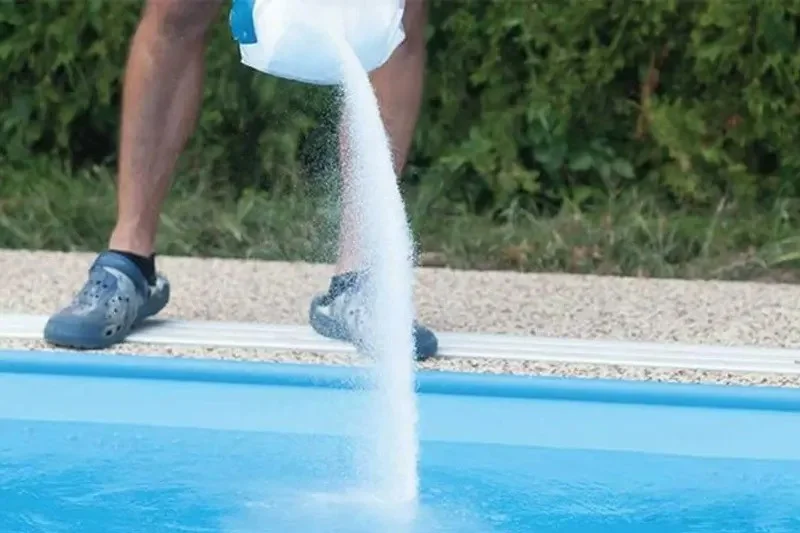
Chlorine use in water treatment
Sanitization and Disinfection
Healthcare Settings: Chlorine is extensively used in hospitals, clinics, and other healthcare facilities to disinfect surfaces, equipment, and medical devices, helping to prevent the spread of infectious diseases.
Food Processing: In the food industry, this product is employed to sanitize food contact surfaces, processing equipment, and even certain food products, ensuring high standards of food safety and hygiene.
Household and Commercial Cleaning: Chlorine powder's powerful disinfecting properties make it a popular choice for household and commercial cleaning applications, where it is used to kill germs, remove stains, and maintain cleanliness.
Agricultural Applications of Chlorine Powder
Animal Husbandry: Chlorine is used to disinfect animal housing, feed, and water supplies, helping to prevent the spread of diseases and maintain the health of livestock and poultry.
Aquaculture: In fish and shrimp farming, chlorine powder is utilized to treat the water, disinfect equipment, and control the growth of algae and other undesirable organisms, promoting the well-being of aquatic species.
Industrial Applications
Textile Industry: Chlorine is employed in the textile industry for bleaching and whitening fabrics, as well as for the removal of unwanted dyes and stains.
Paper and Pulp Production: Chlorine plays a crucial role in the paper and pulp industry, where it is used for bleaching and disinfecting the raw materials, ensuring the quality and purity of the final products.
Chemical Manufacturing: Chlorine is a key ingredient in the production of various chemicals, serving as an oxidizing agent and a source of chlorine in numerous industrial processes.
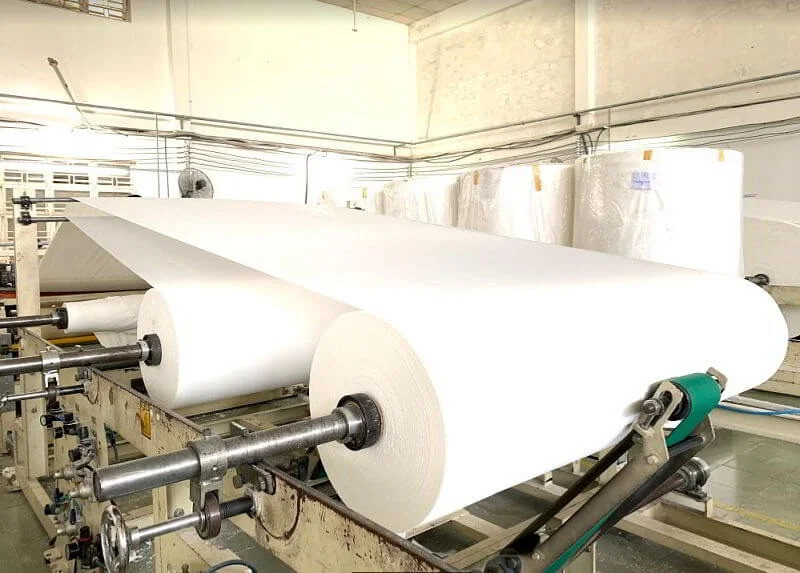
Chlorine use in paper industry
Safety Considerations and Proper Handling
While chlorine powder offers numerous benefits, it is essential to exercise caution and follow proper safety protocols when handling and using this chemical. Prolonged exposure or improper handling can lead to skin and eye irritation, respiratory issues, and other health concerns. To ensure the safe and effective use of this product, consider the following guidelines:
Personal Protective Equipment (PPE): When handling chlorine, always wear appropriate PPE, such as gloves, goggles, and a respirator, to minimize the risk of direct contact and inhalation.
Proper Dilution and Mixing: When preparing chlorine solutions, always add the powder to water, never the other way around. Carefully follow the manufacturer's instructions for the correct dilution ratios to ensure optimal performance and safety.
Storage and Handling: Store chlorine powder in a cool, dry, and well-ventilated area, away from direct sunlight and sources of heat or ignition. Keep the containers tightly sealed to prevent the release of fumes.
Disposal and Spill Management: Consult local regulations and guidelines for the proper disposal of chlorine and any contaminated materials. In the event of a spill, contain the affected area, ventilate the space, and follow the recommended cleanup procedures.
Training and Awareness: Ensure that all personnel who handle this chemical receive proper training on the safe handling, storage, and application of the chemical. Maintain clear signage and emergency protocols to address any incidents or accidents.
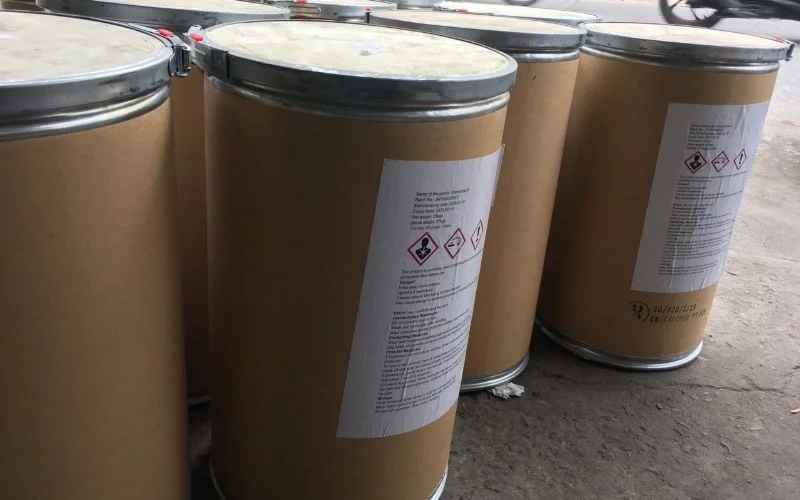
Keep the chlorine powder containers tightly sealed
Top 3 Most Popular Chlorine Powder Products
The demand for chlorine-based water treatment solutions in Vietnam has been steadily increasing. While there are numerous chlorine powder products from various renowned brands available on the market, three main types stand out:
Chlorine Powder by Dong A
Dong A, a leading chemical company in Vietnam, is the first private enterprise in the country to manufacture and supply chlorine-based water treatment products. Dong A's chlorine powder has been extensively tested and proven to meet international quality standards, making it a reliable and high-performance solution for customers.
Japanese Chlorine Powder
This product originates from Japan and has been developed and produced on a large scale before being officially imported and distributed in the Vietnamese market. The Japanese chlorine is widely used for disinfecting swimming pool water, eliminating algae and bacteria, as well as for sanitizing drainage systems in restaurants, hotels, and industrial facilities.
Chinese Chlorine Powder
Also known as "dolphin chlorine powder," this chlorine product from China is commonly used for water disinfection, pool maintenance, and wastewater treatment in various industries, such as textiles. While being relatively cost-effective, the Chinese chlorine is known for its versatility and effectiveness in meeting diverse disinfection needs.
Purchasing High-Quality Chlorine Powder from Dong A
Dong A, a reputable chemical company in Vietnam, is a trusted supplier of high-quality chlorine powder products. As the first private enterprise in the country to manufacture and distribute chlorine-based water treatment solutions, Dong A has built a strong reputation for delivering reliable and effective products.
Customers can easily connect with Dong A through various channels, including their website (dongachem.com), and hotline (+84) 985797941 to receive professional advice and competitive pricing on their chlorine needs. Dong A's chlorine powder products are manufactured at their facility located in Phong Chau Town, Phu Tho Province, ensuring they meet the highest quality standards.
Conclusion
Chlorine powder is a versatile and powerful disinfectant that plays a crucial role in various aspects of our lives, from water treatment to medical and industrial applications. By understanding the characteristics, benefits, and proper handling of chlorine, users can maximize its effectiveness while prioritizing safety. Adhering to the guidelines and sourcing high-quality product from reliable suppliers are key to unlocking the full potential of this essential chemical.
>>> Read more:
Is It Safe To Use Chlorine in the Food Industry?
Related Articles
Unveiling Liquid Chlorine: Uses and Safety
Liquid chlorine , also known as chlorinated water or hypochlorite solution, is a versatile chemical ...
What is Calcium Hypochlorite? An Overview
Calcium hypochlorite , with the molecular formula Ca(ClO) 2 , is a widely used chemical compound ...
Why Does Tap Water Smell Like Chlorine and How to Remove It?
Tap water often has a distinct chlorine smell , which can be unpleasant and concerning for many ...
The Ultimate Guide to Chlorine Powder for Pool Water Treatment
Maintaining a clean pool is crucial for the health and enjoyment of swimmers. One of the most ...
Is It Safe To Use Chlorine in the Food Industry?
Chlorine is a highly versatile chemical that plays a crucial role in various industries, including ...
Effective Ways to Neutralize Chlorine in Water
Chlorine is a chemical element belonging to the Halogen group, and it has widespread applications in ...

